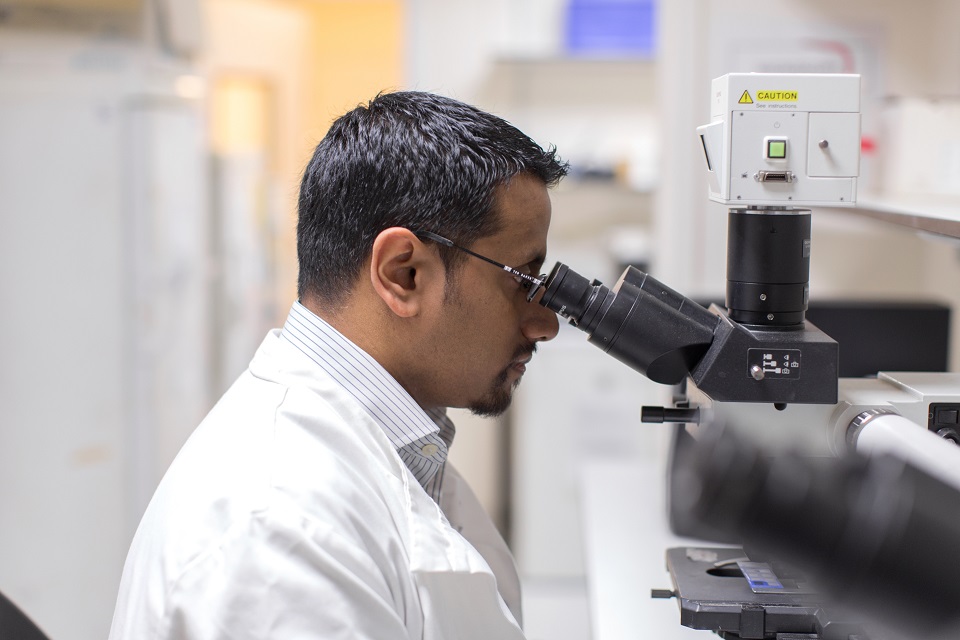Prevention
Reducing disease incidence, recurrence and hospital admissions
The Imperial College AHSC seeks to prevent the onset of diseases, by identifying and intervening in ‘at risk’ populations.
It is harnessing the insights of NHS clinicians, scientists in the University and particularly the Imperial College School of Public Health (SPH) to develop and evaluate new primary and secondary prevention strategies. This includes vaccines for primary prevention of infectious diseases and new biomarker, sensing and digital technologies to monitor and assess patients with chronic conditions outside the hospital setting.
By examining data from large datasets – often involving millions of patients – Imperial’s SPH has been able to dissect out small, cumulative risk factors for some of the common chronic diseases such as dementia, cancer and cardiovascular disease that would otherwise be hard to spot. However, despite increased awareness about these risk factors, which are often lifestyle related, little progress has been made, to date, in translating this knowledge into reduced incidence of these diseases.
The AHSC’s priority programme in Cancer Prevention aims to improve on this record, and is currently looking at:
Colorectal cancer prevention
- the impact of diet on disease prevention
- identifying high risk individuals through genetic and non‐genetic signatures
- investigating the role of the gut microbiome in disease prevention
- biomarkers for recurrence
Lung cancer prevention
- biomarkers to predict lung cancer risk
- metabolomic analysis
